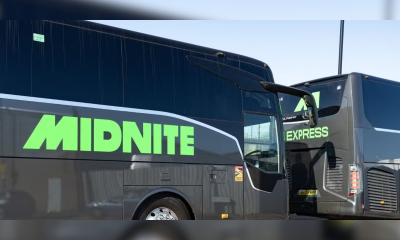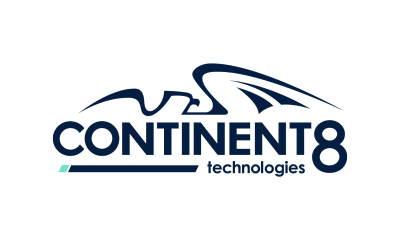Compliance Updates
Euroconsumers calls Nintendo to solve its “Joy-Con Drift” probl

The new version of the Nintendo “Switch” console, the Switch OLED, expected on October 8th 2021, shows an unsolved technical problem with its controllers – an issue commonly called “Joy-Con Drift” – that prevents players from playing the game properly. Nintendo is quite aware of this flaw. Yet it still plans to roll out the new Switch with the old problem. Euroconsumers calls Nintendo to account.
“Joy-Con Drift”
The flaw in the controllers manifests itself after a couple of months, falsely reading input from the controller stick, as if the user has their thumb pressed down on the controller, causing the game character to move without the player even touching the device. This prevents the player from playing the game as intended. This issue is not new: it was already denounced extensively by users of the current Nintendo Switch, IFixit and multiple consumer organisations.
Nintendo’s inaction
This flaw has previously been raised with Nintendo. Firstly in January 2020, Test Achats/Test Aankoop, Euroconsumers’ Belgian national organization, sent a letter of formal notice to Nintendo Europe GmbH calling on the company to repair all the defective products free of charge and to publicly communicate about the defect.
In January 2021, BEUC, the European umbrella group for 46 independent consumer organisations, launched an external alert to the CPC network about a widespread infringement with Union dimension of EU consumer law, related to the premature obsolescence of the Nintendo Switch.
On top of this EU action, two class actions have been launched in the US, and a Canadian firm has filed an application to begin a class action.
Nevertheless, Nintendo has taken no actions to remedy the flaw or alert consumers. It even issues a new Switch OLED with the exact same Joy-Con design, with the exact same inescapable defect. Meanwhile Nintendo keeps on putting a great deal of emphasis on the quality and versatility of the Joy-Con in its advertisements t.
This early obsolescence is not only unfair and harmful to consumers, but also affects the environment, creating a pile of unnecessary and extremely polluting electronic waste.
Euroconsumers’ call on Nintendo
In a letter Euroconsumers has confronted Nintendo with the above, asking them to:
-
Adequately inform consumers of the existence of the “Joy-Con Drift” and its impact on the expected lifespan of the Nintendo controllers on the packaging of the product.
-
Fully respect provisions on the legal product guarantee, without imposing any burden of proof on consumers or charging them with any costs to repair or replace their Switch controllers.
-
Provide clear contact details at Nintendo for consumers to report and resolve Joy-Con problems, and for Euroconsumers and its national organisations to address problems to that regard.
-
Resolve the technical “Joy-Con Drift” flaw and ensure a more sustainable version of the controllers. Euroconsumers, and its national organizations stand ready to deploy decades of technical and testing experience to support finding solutions.
Euroconsumers is available and willing to launch a dialogue with Nintendo in order to establish the best way to satisfy the above requests.
“Nintendo has a duty to its customers to provide functioning devices,” said Marco Scialdone, Head of Litigation and Academic Outreach at Euroconsumers. “To knowingly continue selling these game consoles when they are defective is a breach of EU consumer law. We expect Nintendo to do the right thing and work with us to find a solution for consumers.”
“While on one hand Nintendo pretends to commit to the green transition and serve consumers, its continued distribution of faulty electronic devices shows it’s true lack of genuine commitment,” said Els Bruggeman, Head of Policy and Enforcement at Euroconsumers. “Early obsolescence results in more electronic waste, which is particularly difficult to dispose of. This shows a regrettable lack of respect for both the environment and consumers.”
Powered by WPeMatico
Compliance Updates
SEON Launches Identity Verification Built on Real-Time Fraud Intelligence
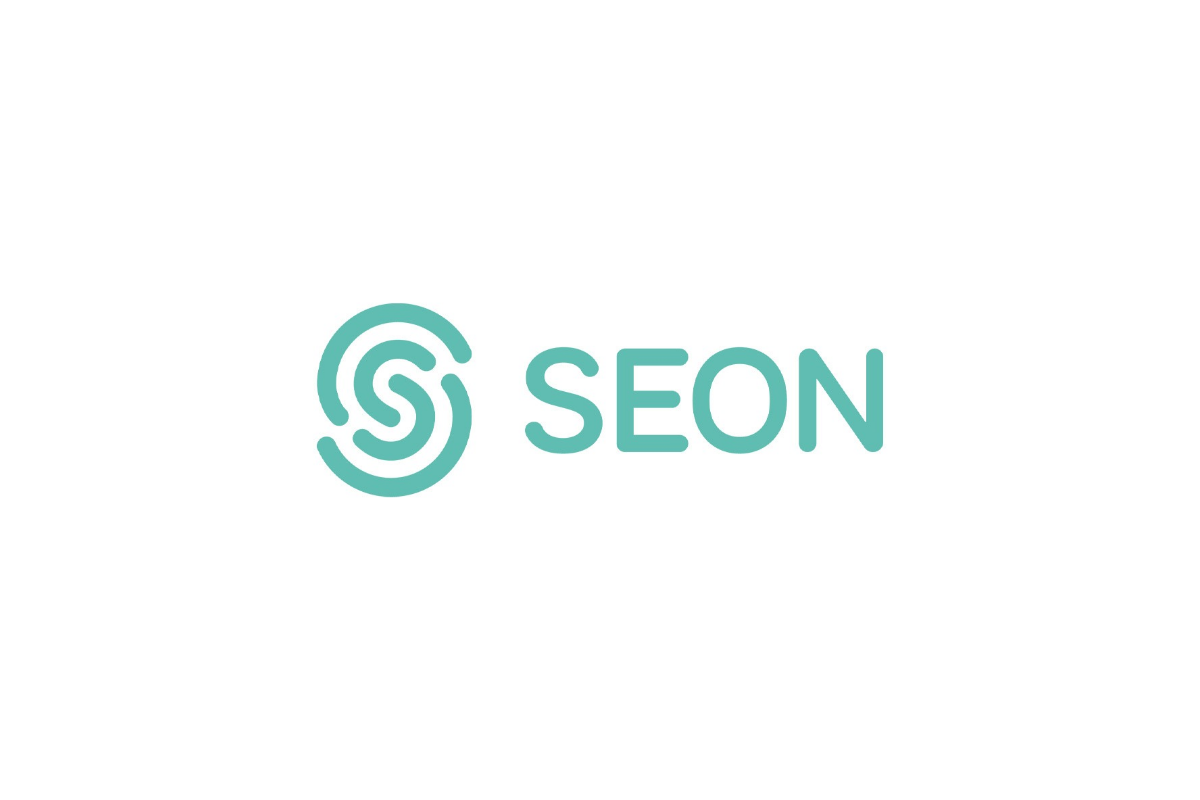
SEON, the command centre for real-time fraud prevention and AML compliance, today announced the launch of its AI-powered Identity Verification solution, bringing ID verification, liveness detection and proof of address checks into its unified risk platform.
Unlike traditional tools that only validate documents, SEON’s solution is built on more than 900 real-time fraud signals, helping organisations assess not just whether an ID is real, but whether the person can be confidently approved based on identity and risk signals.
Most identity verification tools focus on validating documents, but lack the risk context needed to determine whether a user meets an organisation’s risk-based requirements. As a result, both high-quality fakes and legitimate documents used by fraudsters can still pass these basic checks. SEON’s Identity Verification solution addresses this gap by combining core KYC checks with live fraud intelligence. This allows teams to filter out low-risk users through onboarding, while filtering out high-risk users before they consume KYC resources.
The solution supports identity document verification for global government-issued IDs, biometric liveness checks, proof of address verification and optional government database checks. Organisations can build verification workflows tailored to customer segment, risk profile or regulatory requirement, combining fraud signals, identity checks and AML screening based on their specific needs. All identity and fraud signals are surfaced in a single dashboard, reducing friction and eliminating silos among fraud, compliance and risk teams.
“Organisations have told us they’re managing separate tools for fraud detection, identity verification and AML compliance – each with its own data, workflows and operational overhead,” said Tamas Kadar, CEO and Co-Founder, SEON. “We built Identity Verification to bring those decisions together. When you combine AI-powered document checks with real-time fraud intelligence, you stop attacks earlier, reduce wasted KYC spend and make faster, more confident approval decisions with a clear audit trail.”
The initial Identity Verification rollout focuses on Europe’s demanding regulatory environment. SEON worked closely with gaming and betting operators to meet strict compliance requirements while maintaining operational efficiency and improving both conversion and fraud outcomes. The solution strengthens SEON’s position across regulated industries including iGaming, fintech and digital platforms.
“The industry is moving toward bringing identity verification, fraud and AML into one decision layer, and SEON is helping to lead that shift,” said Filip Gvardijan, Head of Fraud Prevention at industry leading operator, Superbet. “That shift matters. It cuts out pointless and expensive KYC cycles on users who were never legitimate, and also clears a faster path for legitimate users, removing a huge amount of avoidable and often manual work.”
The post SEON Launches Identity Verification Built on Real-Time Fraud Intelligence appeared first on Eastern European Gaming | Global iGaming & Tech Intelligence Hub.
College Sport Prediction Markets
NCAA Urges CFTC to Suspend College Sport Prediction Markets
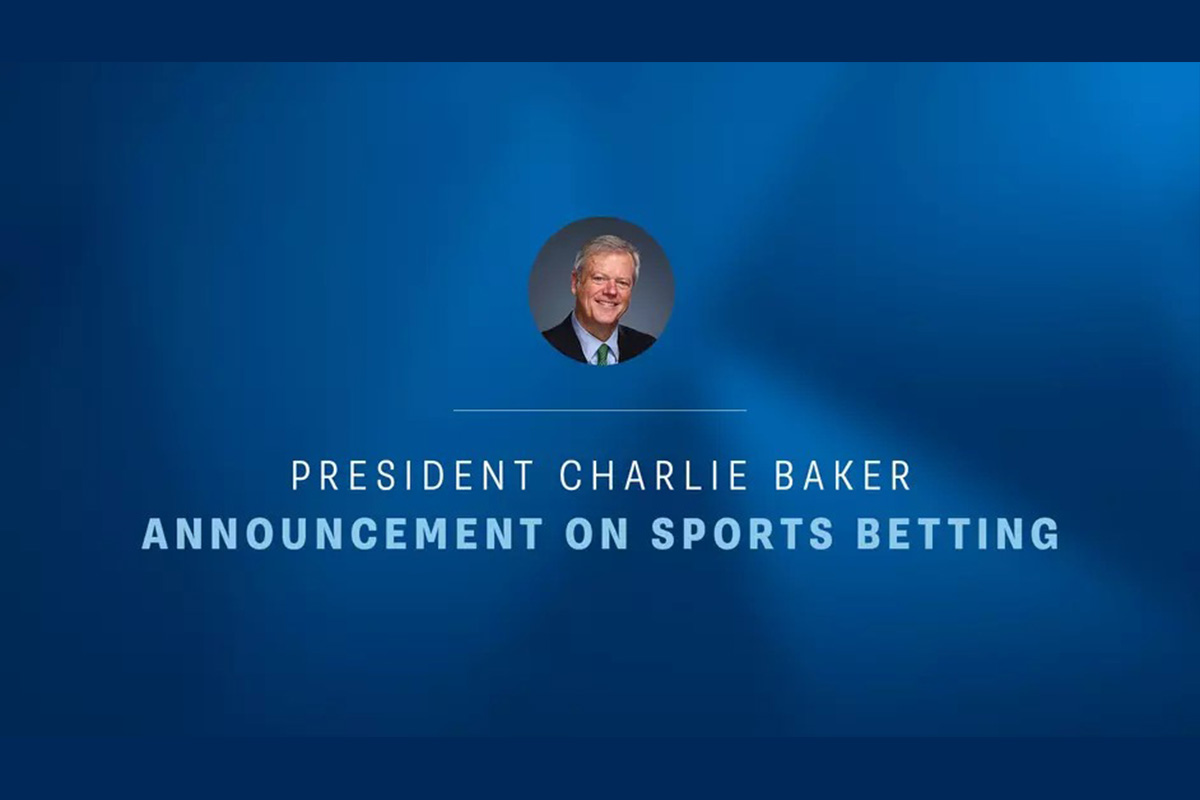
NCAA President Charlie Baker has requested the Commodity Futures Trading Commission, the regulatory body that presides over prediction markets, to pause all college sport offerings in prediction markets until the agency implements appropriate regulations.
“Just as we need Congress to stabilize eligibility, we need federal regulators to stabilize these markets. The answer cannot be the status quo. We need one set of fair, transparent standards,” Baker said.
The NCAA sent a letter to the CFTC calling for a robust system of safeguards and detailed its willingness to work with the regulatory body to assist with developing the necessary guardrails to protect student-athletes and college sports. The critical safeguards requested include age and advertising restrictions, enhanced integrity monitoring, prop market prevention, anti-harassment measures, and harm reduction resources.
Protecting competition integrity and student-athlete well-being are of vital importance to the NCAA. The Association has led an unparalleled response to the rapidly evolving sports betting landscape through its use of a layered integrity monitoring program, in-person and online education, state advocacy focused on removing prop bets, anti-harassment monitoring, social change campaigns, and other initiatives.
The post NCAA Urges CFTC to Suspend College Sport Prediction Markets appeared first on Americas iGaming & Sports Betting News.
CGCC
ADVISORY: ILLEGAL GAMBLING OPERATION USING FORGED COMMISSION CREDENTIALS
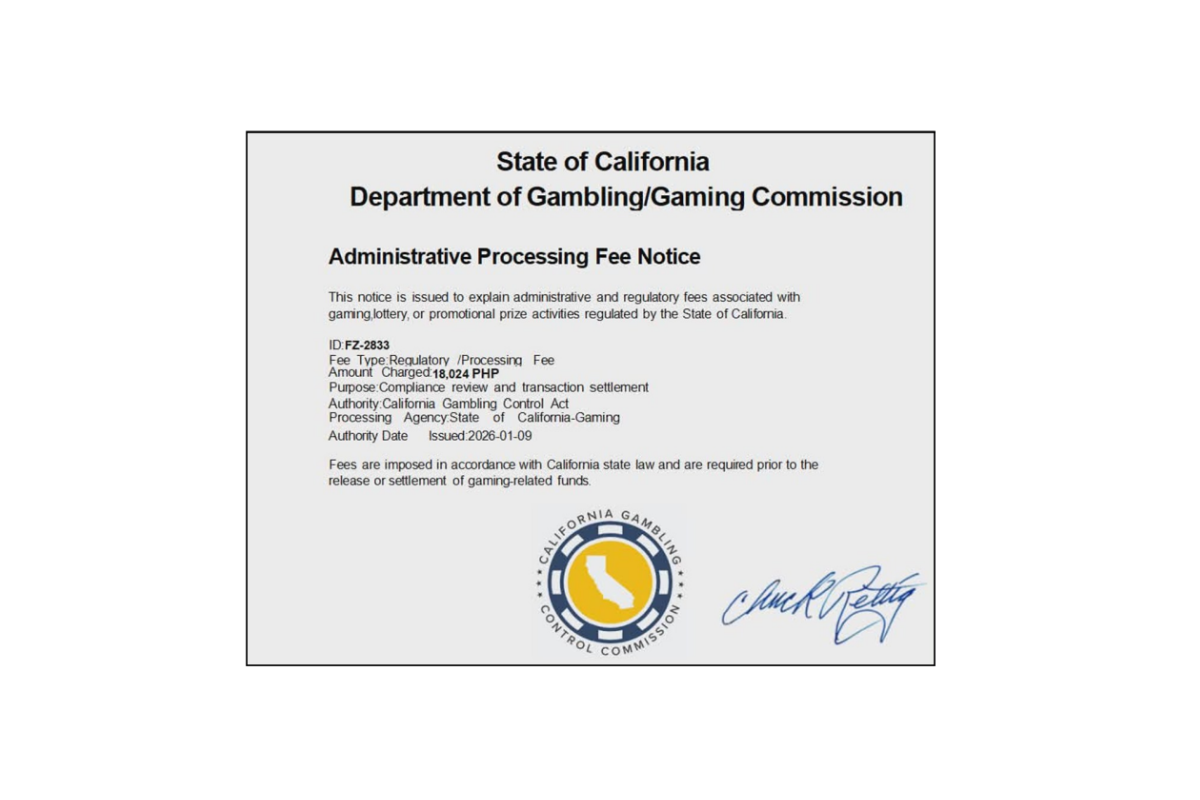
The California Gambling Control Commission (Commission) has received information that an illegal gambling operation called California Scratch Card is using the Commission’s name and logo to claim that winners must pay them an “Administrative Processing Fee” imposed by the Commission before they can collect their winnings. Examples are attached to this notice. It appears this illegal gambling operation is primarily operating on Facebook, and may be operating on other social media platforms.
Based on the information the Commission has received, this illegal gambling operation appears to be based in the Philippines and is targeting citizens of the Philippines.
The Commission does not issue, nor has it ever issued, licenses to California Scratch Card or any other similar illegal gambling operations. The Commission does not require “Administrative Processing Fees” or other such fees that these illegal gambling operations claim. The Commission is currently pursuing all available options to address this matter.
Illegal gambling operations such as these are often fronts for scams and thefts, as they can keep a player’s deposited funds, refuse to pay out winnings, or demand payment from the winner before releasing the winnings, and then not release the winnings at all.
The post ADVISORY: ILLEGAL GAMBLING OPERATION USING FORGED COMMISSION CREDENTIALS appeared first on Americas iGaming & Sports Betting News.
-

 Compliance Updates6 days ago
Compliance Updates6 days agoRomanian B2B Licence Granted to iGP, Boosting Its Regulated Operations in Europe
-

 Compliance Updates6 days ago
Compliance Updates6 days agoGlobal Gaming Solutions welcomes the Isle of Man Government’s commitment to the iGaming sector
-

 Alex Baliukonis Game Producer at BGaming4 days ago
Alex Baliukonis Game Producer at BGaming4 days agoCrack the Vault in BGaming’s Mystery Heist
-

 Latest News3 days ago
Latest News3 days agoSKIP THE QUEUE WITH THE MIDNITE SHUTTLE: MIDNITE TEAMS UP WITH SNOOKER LEGEND TO OFFER FANS A FREE SHUTTLE SERVICE FROM ALLY PALLY STATION
-

 Africa6 days ago
Africa6 days agoCT Interactive Bolsters Global Presence with South African Certification
-

 BETER6 days ago
BETER6 days agoBETER enters sixth US state with North Carolina approval
-

 Continent 8 Technologies3 days ago
Continent 8 Technologies3 days agoContinent 8 and CEO Michael Tobin claim number one spot in GamblingIQ’s global ‘Security 10’ rankings
-

 Africa5 days ago
Africa5 days agoAmusnet Appoints Cameron Green as Country Manager for South Africa










